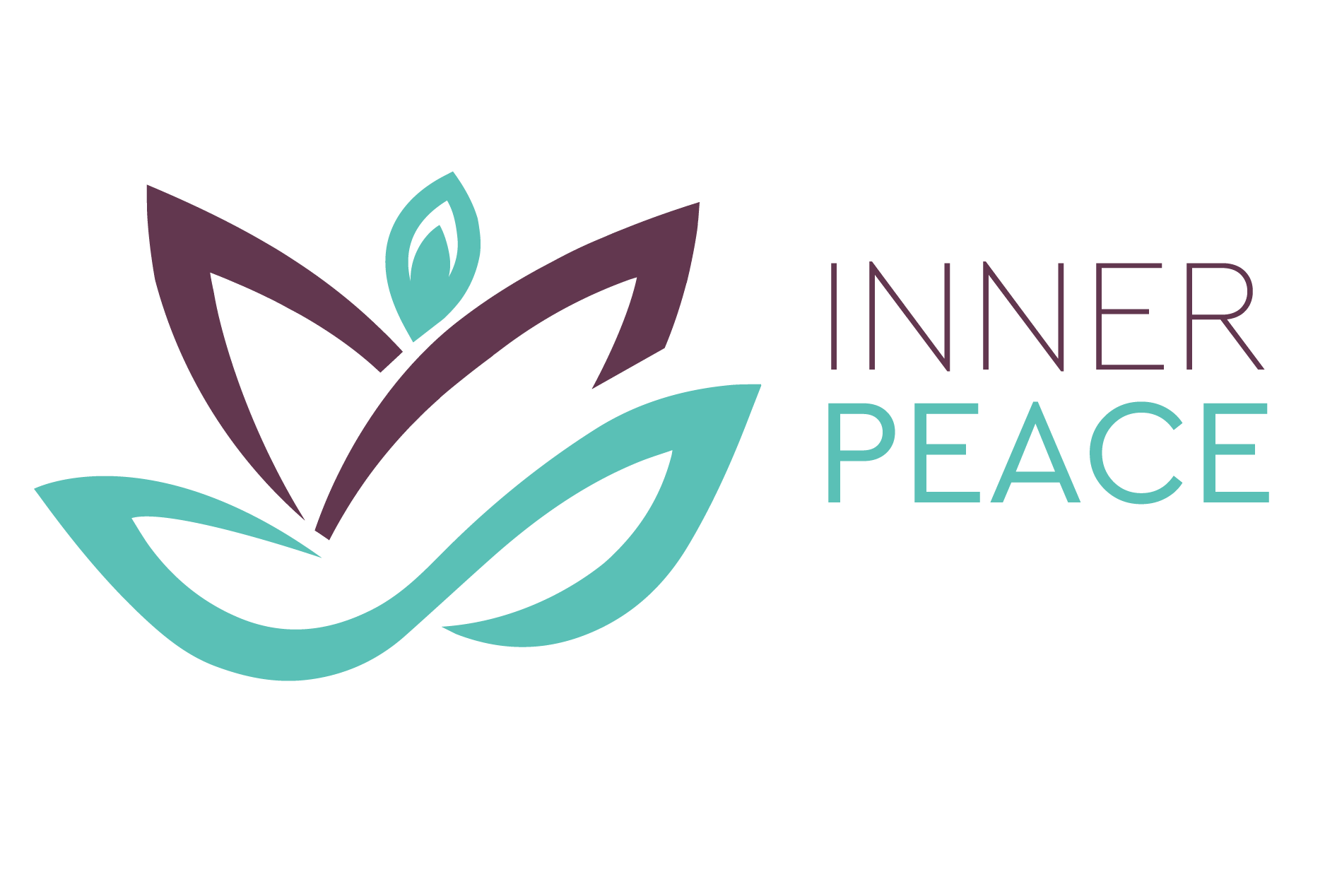Some people shy away from seeking professional help.
Though plagued by recurring worries about their personal or professional lives, some people just aren’t sure what to expect from consulting a therapist. Others imagine therapy to be as the media portrays. Serious men in suits constantly asking, “How does that make you feel?” Or people talking about issues while lying down on a sofa. However, therapy is more than just sharing problems in a comfy room.
Psychotherapy, talk therapy, or therapy is a formal intervention to mental health concerns or life difficulties. It is a safe and efficient process of healing and growth for whoever is involved.
What am I entering?
1. Backed by research
Research shows therapy is effective in healing depression, trauma, and most mental health concerns.
2. Secured privacy
Confidentiality is always assured. This means what you say cannot be shared to anyone else without your permission. Confidentiality is important because it breeds trust. Exceptions to confidentiality exist though in the case of self-harm or harming others.
3. Safe space
Most therapists are unconditional in giving acceptance and respect. If you feel afraid of sharing a long kept problem, therapy can be a great outlet.
4. Can be short-term
Therapy sessions are kept minimal in frequency. Weekly sessions persist as long as 3-12 times before ending. However, this also depends on your therapy goals. For instance, severe trauma can be longer to manage compared to minor relationship struggles.
5. Less than an hour
A therapy session usually lasts from 50-55 minutes. The therapist uses the short period to write notes and rest before his next session. Sometimes, a session can last longer than an hour, though.
6. Collaboration
Psychotherapy is a collaboration between you and the therapist. Consequently, the best results in therapy occur when the client commits to it. Therapy is the process of finding new and better ways of solving old frustrations. This may not happen, though, if the client gives up in the middle of the process.
7. Always professional
Therapists provide a professional service. Any romantic relationship between client and therapist endangers the therapy process. Consequently, we advise you to report any therapist to the PAP for abuse of power.
8. Specialized
Just like medical doctors, therapists specialize in helping with specific problems. For instance, some are good at handling drug dependents. Others are better at helping with depression. Feel free to ask the therapists about their experience before entering therapy.
9. Offline and online
Most people enter therapy in a private room. However, online therapy is also an alternative and just as effective. This is particularly useful for clients who live far.
10. Professionally regulated
Only licensed psychologists can practice and supervise the practice of psychotherapy. The Professional Regulation Commission (PRC) regulates the profession of psychology in the Philippines. Ultimately, this protects you from any abusive practice.
11. Homework
Assignments are frequently given during therapy sessions to maximize learning. Indeed, this may include writing in a journal or meditating daily.
Some things to expect during therapy are the following:
Overall, therapy can be a wonderful experience full of healing, growth, and guidance. Have a suggestion you’d like to add to the list? Comment to us below!
Feel ready to enter therapy? Book a session with us!


